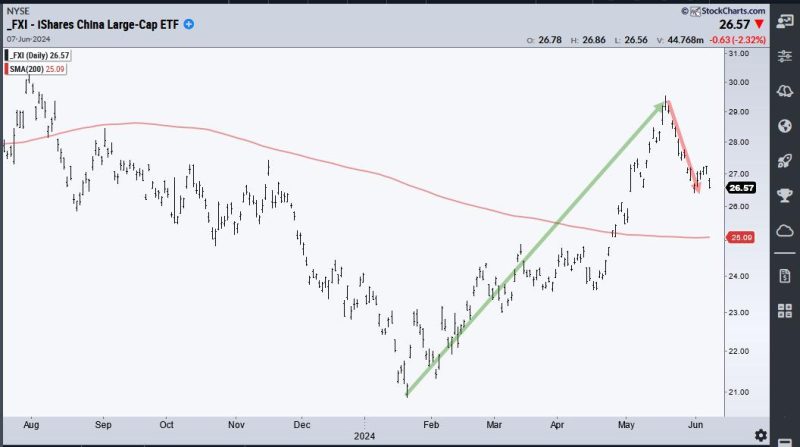Alibaba Returns to the Scene of the Crime
The return of Alibaba Group to the spotlight has sparked significant speculation and interest within the business and technology communities. The Chinese e-commerce behemoth has made headlines once again, but this time not due to its exponential growth or innovative ventures, but rather for its return to the center of controversy. As Alibaba revisits the scene of the alleged crime, it opens up a Pandora’s box of legal and ethical questions that have long plagued the tech giant.
The allegations of mismanagement, financial irregularities, and regulatory violations that have plagued Alibaba in recent years have resurfaced with renewed fervor. The company’s charismatic founder, Jack Ma, who himself has been embroiled in various legal and regulatory battles, has come under increased scrutiny as the lens focuses once again on Alibaba’s operations.
One of the key issues that Alibaba is facing is its perceived lack of transparency in financial reporting and corporate governance. Accusations of concealing pertinent information from investors and regulators have tarnished the once-shining image of the company. The recent investigations into Alibaba’s business practices have only served to deepen the distrust among stakeholders and raise concerns about the company’s future prospects.
Furthermore, Alibaba’s foray into the realm of fintech and financial services has raised additional red flags. The company’s sprawling financial arm, Ant Group, has drawn regulatory ire for its perceived monopolistic practices and potential systemic risks to the Chinese financial system. The subsequent scuttling of Ant Group’s highly-anticipated IPO sent shockwaves through the global financial markets and showcased the regulatory pressures that Alibaba is currently facing.
As Alibaba grapples with these legal and regulatory challenges, the tech giant must also navigate a rapidly evolving geopolitical landscape. Tensions between China and the West have put companies like Alibaba under increased scrutiny, with calls for greater oversight and transparency becoming more vociferous. The company’s global ambitions and expansive footprint have only served to amplify these concerns, as Alibaba finds itself at the intersection of international politics and commerce.
In response to these challenges, Alibaba has pledged to enhance its corporate governance practices, increase transparency, and cooperate fully with regulatory authorities. The company has also taken steps to streamline its operations, divest non-core assets, and refocus its strategic priorities. However, whether these measures will be enough to allay the fears of investors and regulators remains to be seen.
As Alibaba returns to the scene of the alleged crime, the company finds itself at a crossroads. The path ahead is fraught with obstacles and uncertainties, but also opportunities for redemption and renewal. How Alibaba navigates this treacherous terrain will not only shape the future of the company but also have broader implications for the tech industry as a whole. Only time will tell whether Alibaba emerges stronger from this tumultuous period or succumbs to the weight of its own contradictions.

